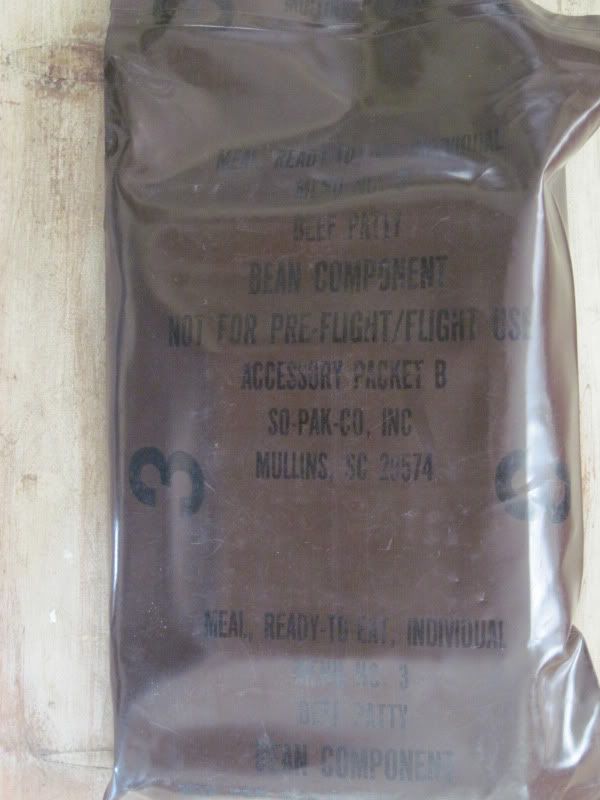I don't recall seeing that in AR40-8(if you find a reference, please let me know), but there are certainly some genres of food that most guys will avoid before they relegate themselves to sit in an aircraft they may be unable to exit for any reason for up to 8 hours. Mexican is certainly one of those types of food. Flatulence generally is the least of people's worries in that situation unless you are referring to flatulence with lumps in it.
After a few days in Santa Rosa, NM dining on local cuisine, breaking the seal on a drysuit after a dive can certainly be a religious experience. I generally try to inflate the suit as much as possible once I get to the surface, then bleed that air back out of it on the swim to shore/dock/stairs/etc.
As it pertains to NASA and the subject of this this thread, I do remember reading somewhere that they fed the Mercury astronauts were fed a tightly controlled diet for almost a week before their missions to control the production of excess digestive gas. Apparently, the air supply to their suit went in at the waist, and they were afraid of the guys being overcome by other things that were introduced to the suit's air supply at the waist.






